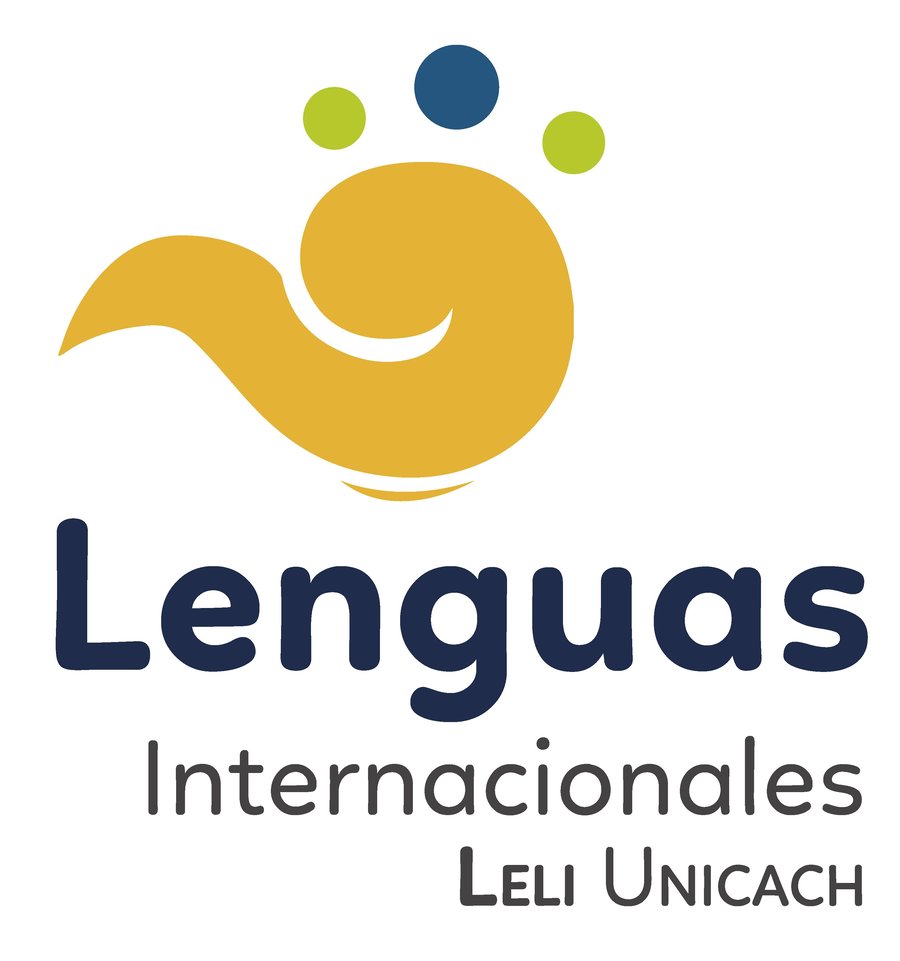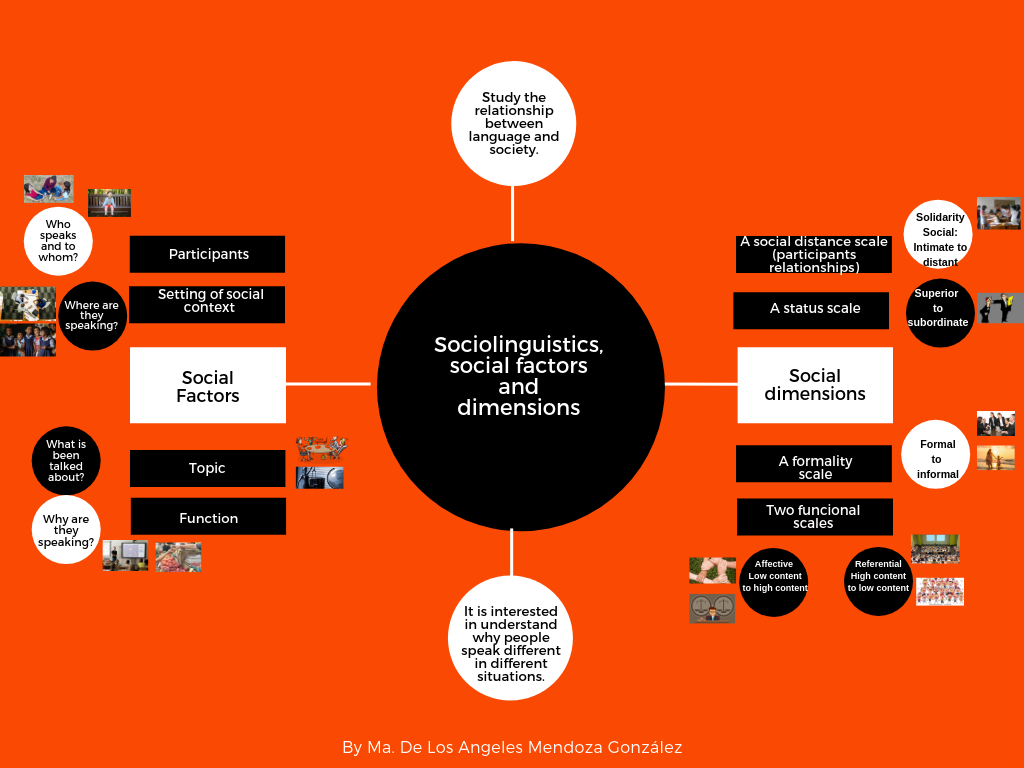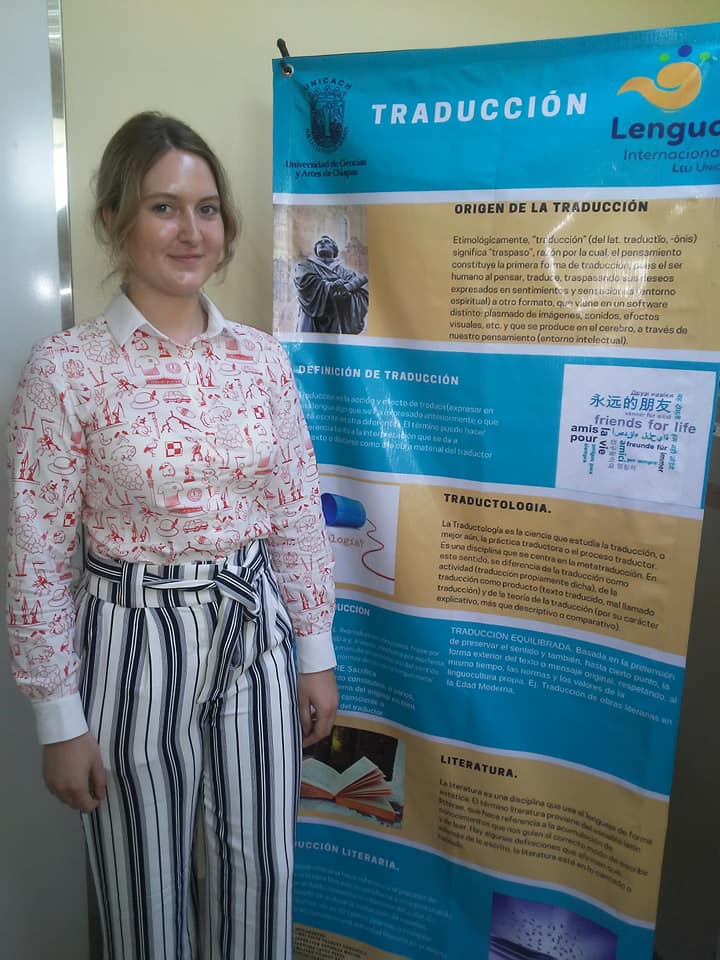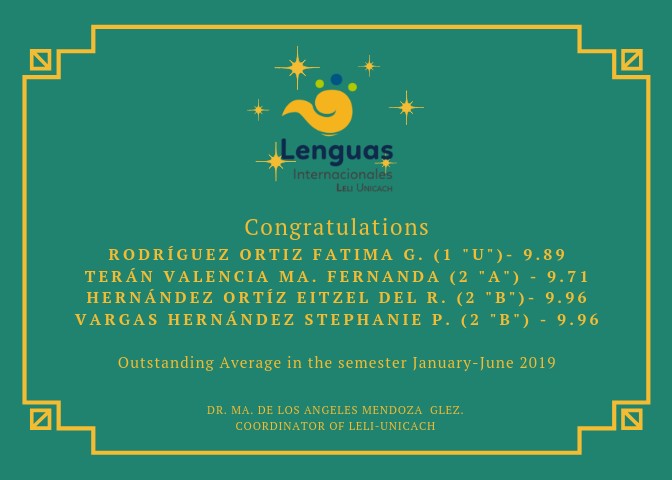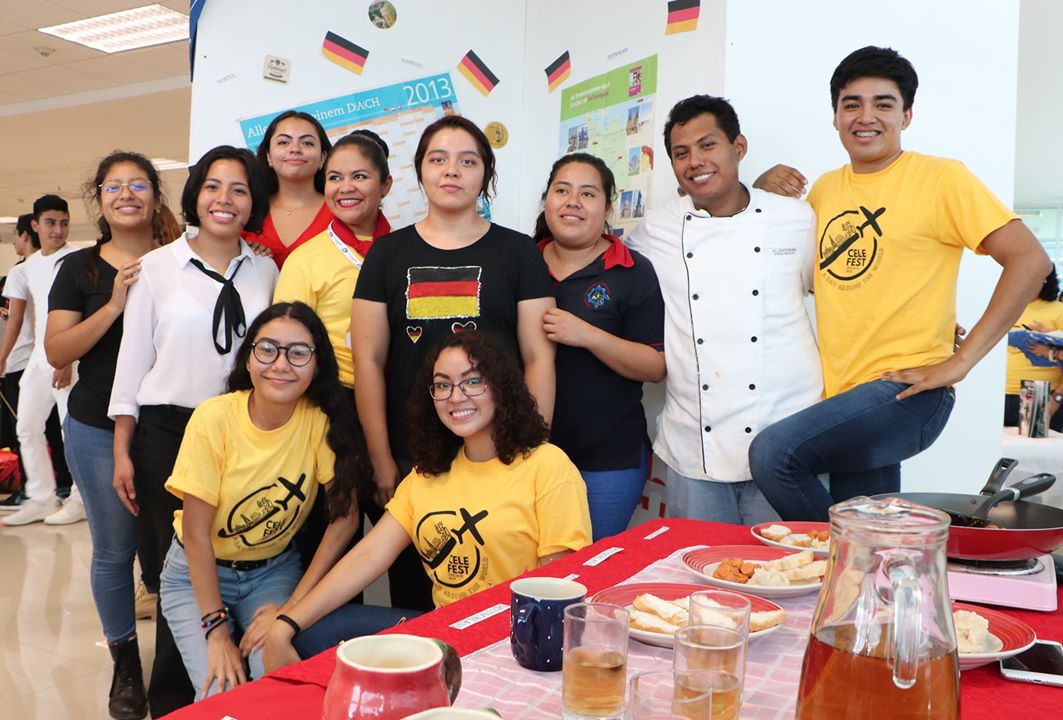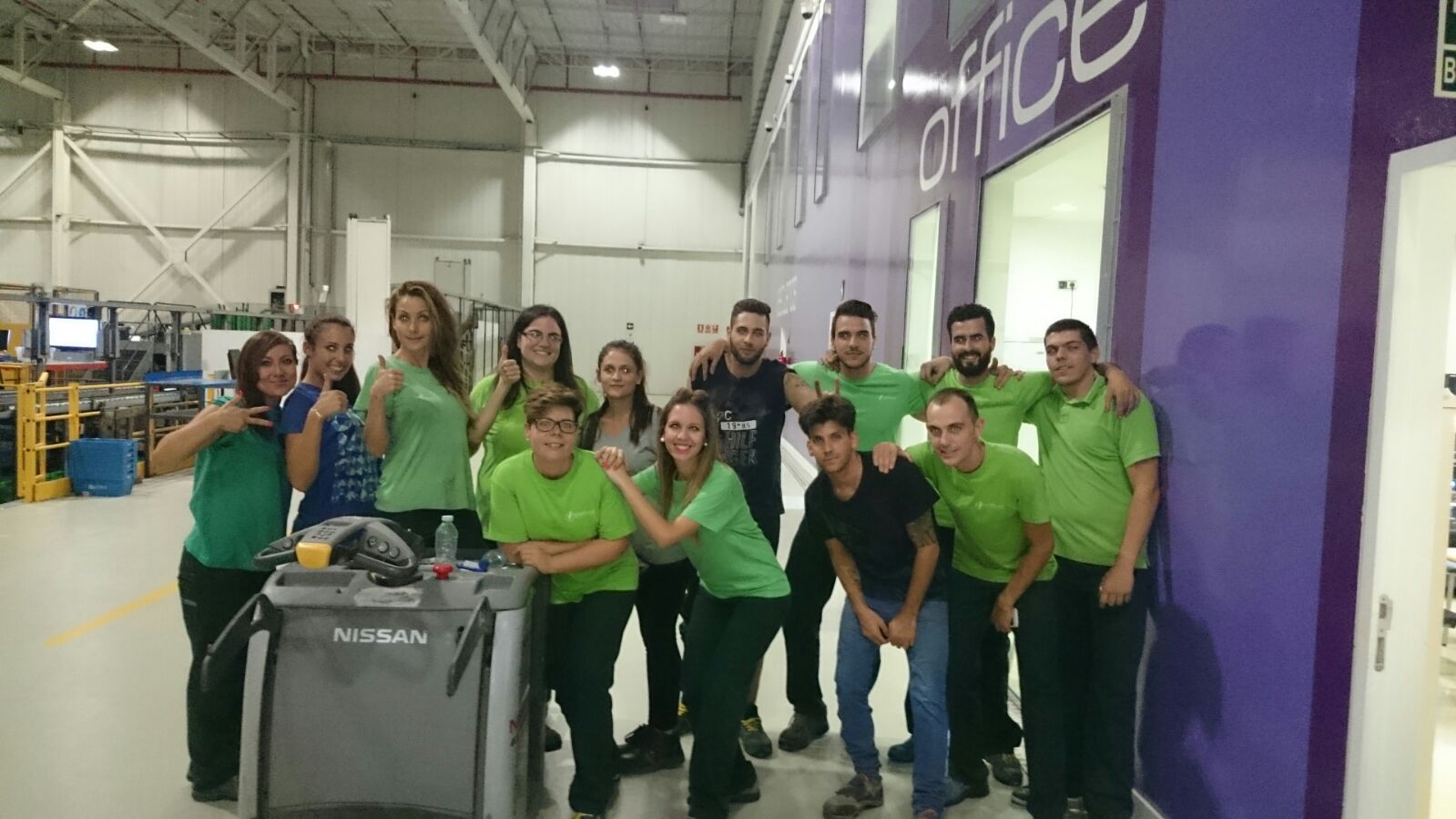The Language Learning Process
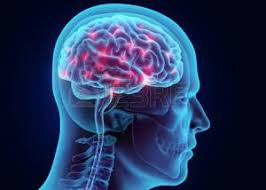
By Prof. Jose Lopez Velazquez. R.P. English & French Anthology. Brigham Young University in Idaho. 2008.Professor Jose Lopez Velazquez is a language facilitator for the University of Arts and Sciences of Chiapas, Mexico.
In recent years, there has been a great tendency to look for the most effective new language learning programs, effortless and as fast as possible. I am sure everyone may find one of these magical courses that may suit you and promise you will learn in no time. But before you go dig into the ocean of options in the market, I give you a brief understanding on what to expect while learning a new language based on the almost 40 years of experience I got learning and teaching foreign languages.
STAGE1. Introductory Level. The student is ready to learn
You got to class for the first time, eager to learn a new language but suddenly, you realize that you cannot understand anything at all. You may start thinking that it was not as easy as you thought or worst as you were told. You found that you may not remember all the words, that sound are difficult to be identified and pronounced. Well, welcome to stage number one. There is a natural resistance for the brain to absorve knowledge in a peace different than what we are used to. Genetically, our phonetic apparatus has been adapted to speak our mother language a.s.a.p. Moreover, by age five, you have started the process of losing the ability on speech-sound recognition.
Therefore, at this stage of the learning process…
YOU CANNOT UNDERSTAND; YOU CANNOT SPEAK. We call this state one, the NO-NO STAGE.
STAGE 2. Vocabulary Factor. The student is learning practical vocabulary & expression. Student is still ashamed of making mistakes or shy in front of others.
You got to class and start learning vocabulary. Your brain is absorving under pressure new sounds that are renaming the significants (cognates) and meanings that you have been learning during your entire life. The sooner in life you come at this stage, the more natural and easier will the learning process become. You study vocabulary and hear pronuntiation of it that give you some confidence.
Therefore, at this stage of the learning process…
YOU UNDERSTAND BUT YET, YOU CANNOT SPEAK.
You are still shy or mispronounce words. We call this stage the VOCABULARY FACTOR.
STAGE 3. Production Factor. The student can produce the vocabulary he learned and his mind is trying to keep up with the new learning process. The student starts dreaming he/she speaks in the new language
You got to point that you want to prove yourself. You cheerfully speak with naturals or natives; however, you cannot understand all of it; new language pace is still to fast. New natural language sounds may be replicated but the understanding is an issue yet.
YOU MAY SPEAK BUT YET, YOU CANNOT SPEAK.
You are still shy or mispronounce words. We call this stage the PRODUCTION FACTOR.
STAGE 4. Shocking Factor. The student’s brain is now learning to switch on & off from one language to the other. Some times the brain shuts down for a very small period of time.
Your brain has not one but two, three or four cognates with new names that are at the same level of mind recognition. You started to call things by the name that the new language demands because your native language just do not come out. New sounds are accommodating in the active memory and the brains momentaraly shuts down and wonder: What sound (name) for this cognate you want me to use?
Therefore, at this stage of the learning process.
YOU DON’T UNDERSTAND, YOU DON’T SPEAK.
You are still shy or mispronounce words. We call this stage the SHUTTING-DOWN FACTOR.
STAGE 5. Assimilation Factor. The student can easily switch from one language to another. The student now can effectively communicate in a different language than his own.
Your brain can actively switch on and off with no effort to different objective languages.d Both languages are recognized as part of the active memory. You now can speak your native and brand new
Therefore, at this stage of the learning process…
YOU UNDERSTAND & YOU SPEAK THE NEW LANGUAGE
You are not neither shy nor mispronounce words. We call this stage the ASSIMILATION FACTOR.
WHAT STAGE DO YOU FIND YOU?
También te puede interesar
Esta web se reserva el derecho de suprimir, por cualquier razón y sin previo aviso, cualquier contenido generado en los espacios de participación en caso de que los mensajes incluyan insultos, mensajes racistas, sexistas... Tampoco se permitirán los ataques personales ni los comentarios que insistan en boicotear la labor informativa de la web, ni todos aquellos mensajes no relacionados con la noticia que se esté comentando. De no respetarse estas mínimas normas de participación este medio se verá obligado a prescindir de este foro, lamentándolo sinceramente por todos cuantos intervienen y hacen en todo momento un uso absolutamente cívico y respetuoso de la libertad de expresión.
No hay opiniones. Sé el primero en escribir.


